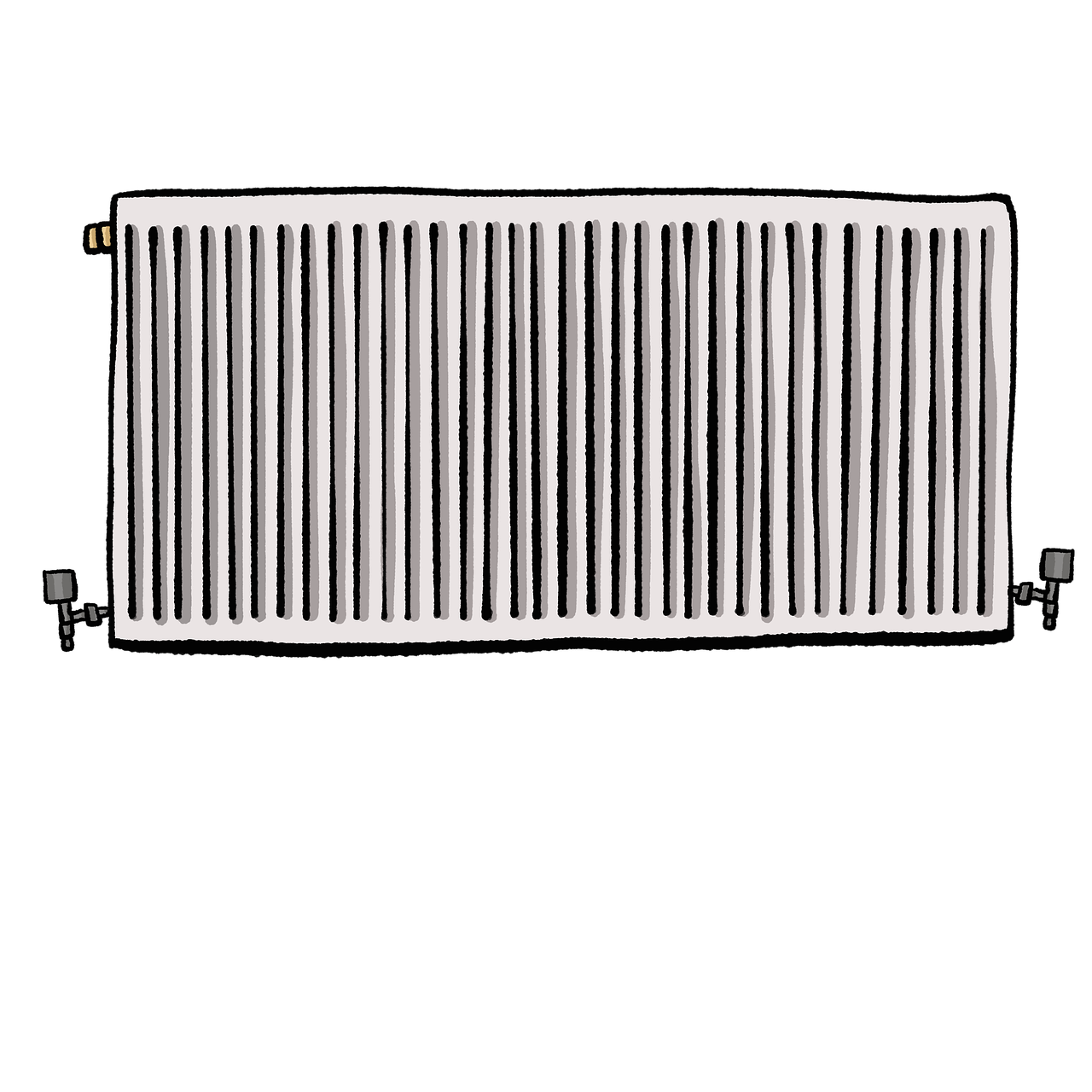How to Keep Your Central Heating System Running Economically in Winter (UK)
As the UK heads into the winter months, it’s a priority for most households to stay warm without seeing a dramatic rise in energy bills. Keeping your central heating system running efficiently can help you save money, reduce energy usage, and stay cosy all season long. Here are some practical tips to help you get the best from your heating system economically.
ENERGY SAVING IDEAS


1. Set Your Thermostat Smartly
The thermostat is the heart of your central heating control system, and a few small tweaks here can make a big difference:
Set the thermostat to a comfortable, economical temperature. The UK’s Energy Saving Trust recommends aiming for around 18-21°C. Every degree above 18°C can add about 10% to your heating bill, so set it as low as you find comfortable.
Use a programmable thermostat to automatically lower the temperature at night or when you’re out. A temperature drop of even 1-2°C during sleep or when the house is empty can lead to noticeable savings.
Avoid extreme heating spikes; constant, moderate heating is more efficient. Try the “set and forget” approach, where you maintain a consistent temperature, as repeatedly turning your heating on and off can be less efficient.
2. Bleed Your Radiators Regularly
If you notice that your radiators aren’t heating evenly or feel cold at the top, they may need bleeding. Bleeding radiators releases trapped air that prevents water from circulating fully, allowing your radiators to heat up more efficiently. Here’s a quick way to do it:
1. Turn off the heating and wait for radiators to cool.
2. Use a radiator key to turn the valve on each radiator, allowing trapped air to escape.
3. Tighten the valve once water starts to escape.
Regularly bleeding your radiators keeps them running at peak efficiency, ensuring more effective and economical heating.
3. Keep Your Boiler Serviced and Well-Maintained
Your boiler is central to keeping your heating system running smoothly. An annual service can prevent issues like breakdowns, inefficiencies, and even safety hazards. Regular maintenance keeps your boiler running efficiently and can extend its life.
Schedule an annual boiler service with a certified engineer. During the service, the engineer will clean essential parts, check for any issues, and optimize its settings for efficiency.
Consider the age of your boiler. If it’s over 10-15 years old, a new energy-efficient model might pay off in the long run, especially since modern condensing boilers are around 90% efficient compared to older models that may be closer to 60-70%.
4. Use Thermostatic Radiator Valves (TRVs)
Installing TRVs on your radiators can provide better control over the heating in each room. TRVs allow you to adjust the temperature in individual rooms, ensuring that spaces you use the most are warm and comfortable, while rooms that are rarely occupied are kept cooler.
To use TRVs effectively:
Keep bedroom temperatures lower than living areas for comfortable sleeping conditions and better energy efficiency.
Turn down TRVs in seldom-used rooms to save on heating costs without impacting comfort in the main living spaces.
5. Utilize Natural Heat and Insulation Techniques
Energy efficiency is about more than just the heating system. Maximizing insulation and making small changes around the house can help trap warmth and reduce the workload on your boiler.
Use thick curtains and blinds to retain heat at night. During the day, open them to let natural sunlight warm your rooms.
Check for drafts around windows, doors, and even floorboards. Use draft excluders, and if possible, seal gaps with weather stripping.
Insulate your pipes and hot water tank to minimize heat loss. Pipe lagging and tank insulation jackets are affordable and can reduce heat loss by up to 75%, making your heating system more efficient.
6. Lower the Flow Temperature on Your Boiler
Most boilers in the UK are set to a flow temperature that’s higher than needed, typically between 70-80°C. Reducing this to around 60°C can improve efficiency, as it allows your boiler to condense more effectively. Condensing boilers are most efficient when the return temperature of water is below 55°C, allowing them to extract more energy from the combustion process.
To adjust the flow temperature:
Check your boiler’s manual for guidance on lowering the temperature.
Try lowering it gradually, and see if it’s still providing adequate warmth in your home.
7. Make the Most of Heat Reflectors Behind Radiators
Installing foil heat reflectors behind radiators, especially those mounted on external walls, can help to reflect heat back into the room rather than letting it escape through the walls. This simple trick can increase your room’s warmth without raising energy usage.
Reflectors can be found at DIY stores or can even be homemade with reflective foil. They’re a small investment but can make a noticeable difference in overall warmth.
8. Keep Doors Closed and Only Heat Occupied Spaces
Heating your entire home all the time is inefficient. Focus on the rooms you spend the most time in, such as the living room and bedrooms, and keep doors closed to retain heat.
If you have a smart heating system, set different zones and schedules, so you’re only using energy where and when it’s needed.
9. Use Hot Water Responsibly
If your central heating system also provides hot water, being mindful of water usage can add to your savings:
Fix any dripping taps—a small leak can waste litres of hot water, meaning your boiler has to work harder to keep up.
Limit shower times and consider lowering the thermostat on your water heater. Temperatures around 50-60°C are usually sufficient for most households.
10. Consider Upgrading to a Smart Heating System
Smart heating systems give you full control over your heating, even remotely. They allow you to monitor your energy use, adjust heating on the go, and even optimize schedules based on your habits.
Many smart thermostats come with features such as learning algorithms that adapt to your preferences or geolocation-based heating that switches on when you’re on your way home. While they involve an upfront cost, they can pay off in energy savings over time.
Final Thoughts
By making a few adjustments to your central heating system and your daily habits, you can enjoy a warm home without the worry of sky-high bills. Small changes—like bleeding radiators, setting a lower flow temperature, and maximizing insulation—add up to a more economical and efficient system. So, this winter, keep your household cozy while keeping your heating costs down.
Are You Thinking Of Changing Energy Providers?
Good news! Clicking the button below will send you to Octopus Energy UK for a quick quote, and if you sign up through this link you will share £100 with Marjorie!
That's £50 in your new account, and £50 in Marjorie's to help her with her heating cost this winter. Marjorie is 90, and any help with her heating will be forever remembered, and she will add you to her best friends list!
